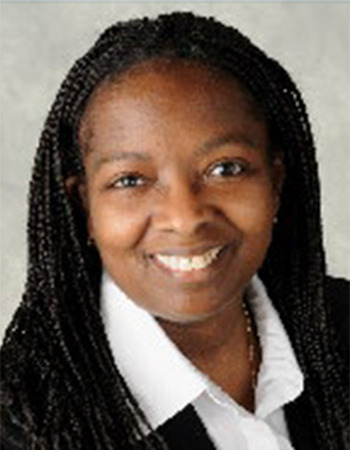02/20/2024
Celebrating Black History Month - Dr. Chatman feature
In honor of Black History Month, we’re profiling some of the African American physician pioneers in Ohio, including past OSMA president Dr. Chatman.
Interview with Dr. Robyn Chatman:

President of OSMA, 2017-2018
Q: Are there African American medical professionals who inspired you in your career, either as you were getting started or now?
A: When I started my medical career, I was amazed at the number of African-American physicians in Cincinnati who reached out to me to provide support. Coming from Mississippi where doctors of any background were scarce, they were like Big Brothers in Medicine for me. This list is not comprehensive, but includes Drs. Edmund Casey, George Hale, Esly Caldwell, Clyde Henderson, Joe Hackworth, Thomas Shockley, the late Emmett O'Neal and a special mentor who continues to provide wise counsel, Dr. Robert Collins.
Q: What progress have you seen in the medical field throughout your career in the areas of diversity, equity and inclusion? Where does the field still need to grow?
A: The very appearance of DEI efforts is a step in the right direction. However, there is much work yet to be done. EVERY entity that is part of the healthcare delivery process should examine their commitment (or lack thereof) to Diversity, Equity and Inclusion. I am reminded of a quote from Yusuf Ahmad, "Unless you intentionally include, you will unintentionally exclude." There is more to DEI than hiring a minority and thinking you have done enough. DEI leaders should be part of the C-suite and have the financial resources and support to lead meaningful change.
Q: This month is a good opportunity to reflect on the health disparities. How do you think Ohio physicians can best affect change in these disparities on behalf of patients?
A: Every physician has the unique opportunity to reduce disparities in their own delivery of healthcare. However, the health systems have the resources to make the biggest impact. DEI efforts should be woven into the fabric of every department. DEI is not just about race or ethnicity. Patients in rural areas, those for whom English is not their native language, and many others all experience disparate care. The elephant in the room can be mastered if everyone focuses the resources at their disposal.